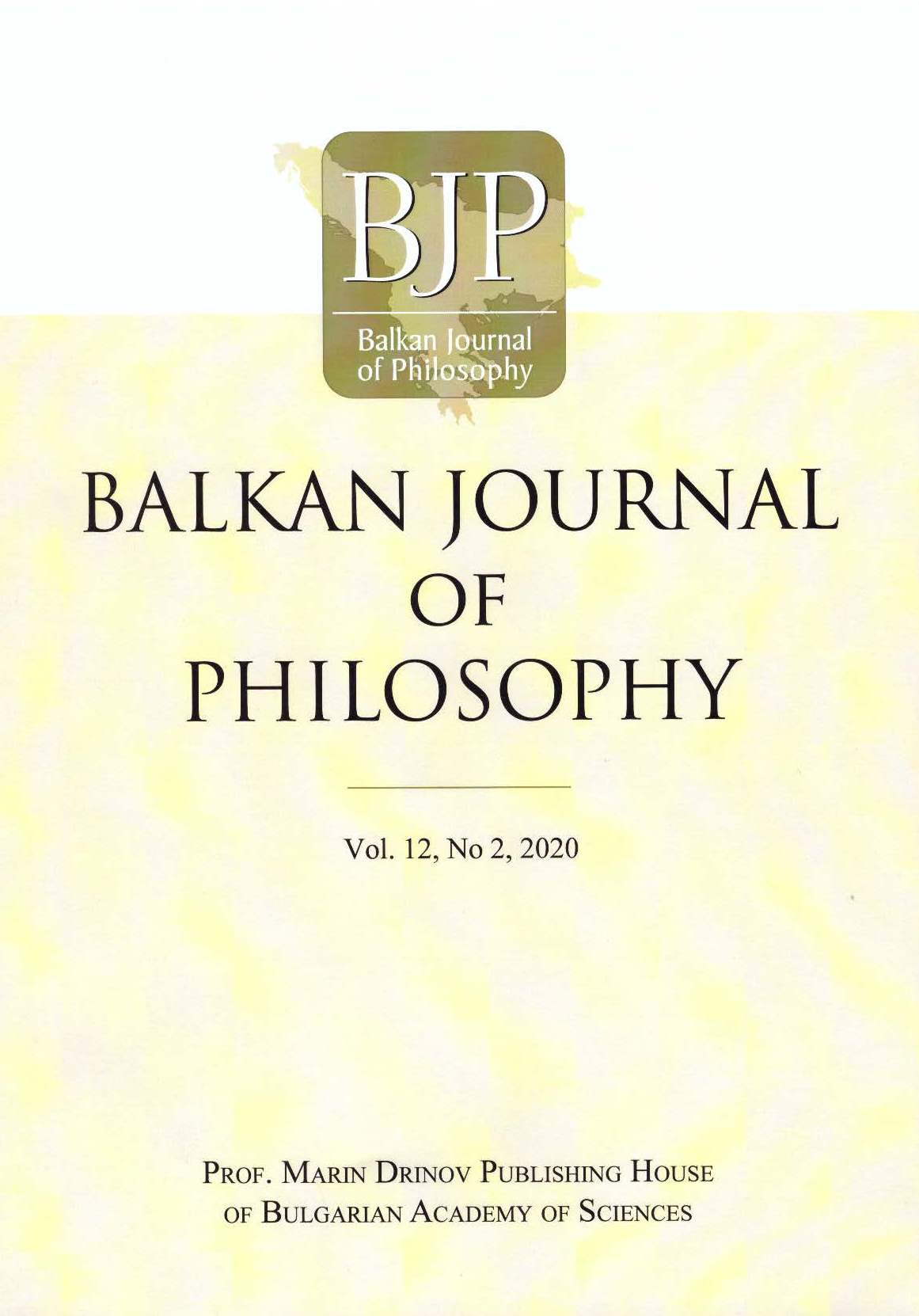The Role Of Truth In Explanatory Understanding
The Role Of Truth In Explanatory Understanding
Author(s): Stefan Petkov, Stefan PetkovSubject(s): Philosophy, Logic, Ethics / Practical Philosophy, Special Branches of Philosophy, Philosophy of Science
Published by: Институт по философия и социология при БАН
Keywords: scientific explanation; explanatory understanding; the factivism debates; quasi-factive accounts of explanatory understanding
Summary/Abstract: This paper discusses the polemical question of whether explanations that produce understanding must be true. It argues positively for the role of truth in reaching explanatory understanding, by presenting three lines of criticism of alternative accounts. The first is that by rejecting truth as a criterion for evaluating explanations, any non-factual account thereby effectively cuts ties with the central theories of explanations, which provide at least partial criteria for explanatory understanding. The second line of criticism is that some of the most well-known non-factual accounts implicitly operate over a notion of partial-truth, and as such, they do not provide a valid alternative. The final critical argument is that, in the place of truth evaluations, these accounts often offer a multiplicity of other criteria, and by changing a unitary criterion such as truth for a collection of other requirements, these non-factive theories introduce a level of ad hoc-ness, which diminishes their normative value.
Journal: Balkan Journal of Philosophy
- Issue Year: XII/2020
- Issue No: 2
- Page Range: 87-98
- Page Count: 12
- Language: English

